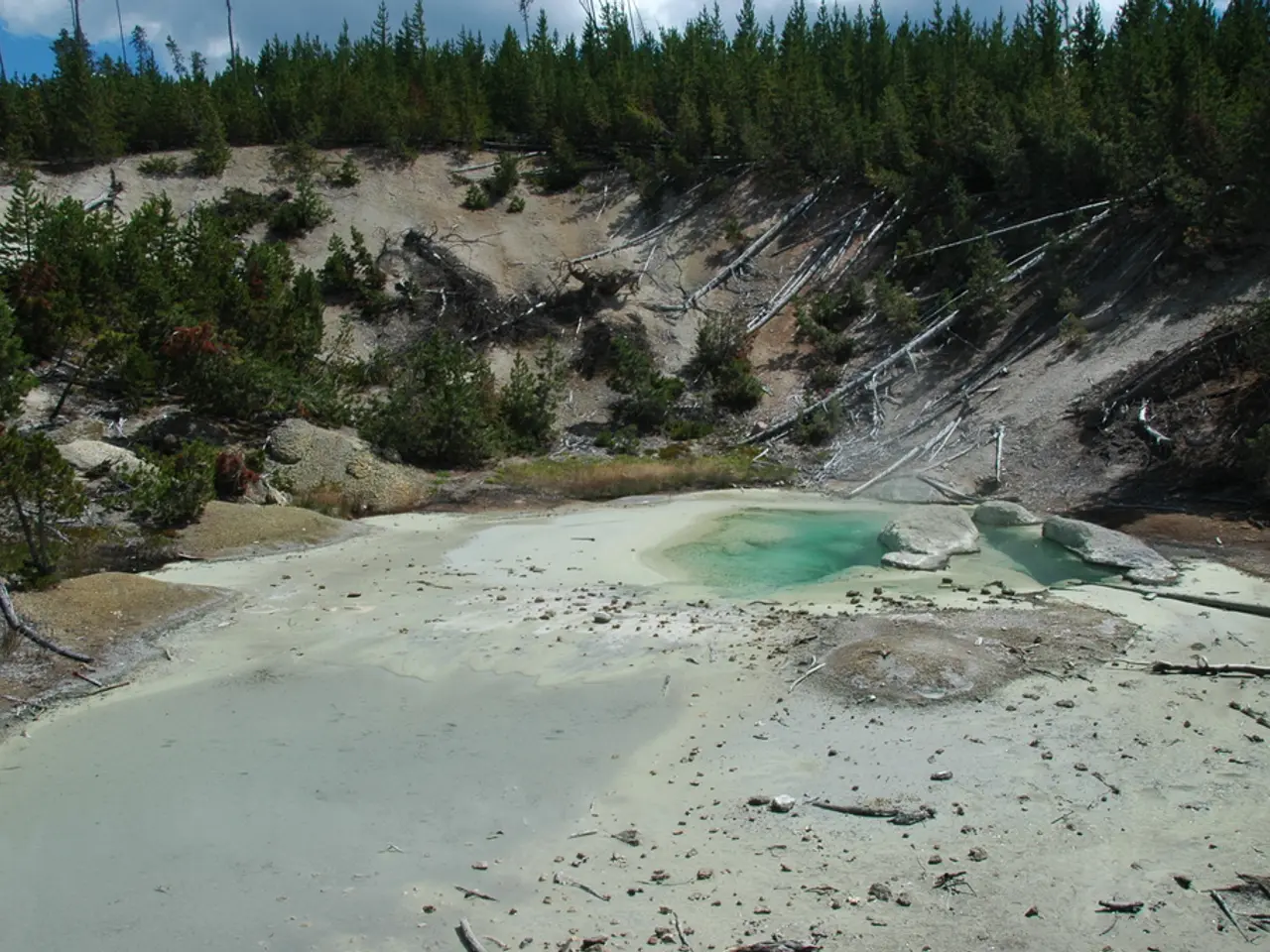Promoting Eco-Friendly Living: Taking Small Actions for Major Impact on the Earth's Environment
In today's world, it's more crucial than ever to adopt a greener lifestyle. By focusing on energy efficiency, water conservation, waste reduction, and mindful consumption, we can not only save money but also contribute to a healthier planet. Here are some practical steps you can take at home.
**1. Energy Efficiency**
Begin by installing a smart thermostat to optimize heating and cooling according to your schedule, reducing unnecessary energy use year-round. Upgrade to Energy Star-rated appliances, which use significantly less electricity and water. Use energy-efficient lighting, such as LED or CFL bulbs, and turn off lights when not in use. Air-dry dishes instead of using the heated drying cycle on your dishwasher, and manage electronics wisely by disabling standby modes and using smart power strips to cut power to devices when idle. Cook smartly by using lids to trap heat, microwaving small meals instead of the oven, and matching pot sizes to burners to minimize heat loss. Run ceiling fans only when rooms are occupied for efficient cooling, and regularly defrost freezers and maintain fridge temperature between 37–40°F and freezers at 0°F for optimal efficiency. Schedule home energy audits or HVAC maintenance to identify and fix efficiency issues, and utilize natural light and close curtains/blinds to regulate indoor temperatures. Shift heavy energy tasks to cooler hours, such as dishwashing and laundry at night, reducing AC load and energy costs.
**2. Water Conservation**
Lower your water heater temperature to 120°F to reduce energy used for heating water. Take shorter, cooler showers to reduce hot water consumption, which can save thousands of gallons annually. Turn off taps when not in use (e.g., while brushing teeth). Fix leaks promptly to prevent water waste. Use water-efficient fixtures and appliances, such as low-flow showerheads and faucets.
**3. Waste Reduction**
Practice the 3 Rs: Reduce, Reuse, Recycle by minimizing single-use products, reusing items, and properly sorting recyclables. Compost organic waste to reduce landfill contributions and create natural fertilizer. Buy products with minimal or recyclable packaging, and avoid overconsumption.
**4. Mindful Consumption**
Buy only what you truly need and choose quality items that last longer. Support sustainable brands and locally made products to reduce your carbon footprint. Advocate for environmental awareness and community initiatives to multiply your impact.
By methodically addressing these areas with the tips above, you can significantly reduce your environmental footprint in practical ways from home. Your actions matter in preserving the planet and ensuring it remains a healthy, thriving Earth for future generations. The urgency to act on environmental challenges has never been greater. Rapid warming is causing widespread effects, including increasingly common and severe heat waves, rising seas, and extreme weather events. Upgrading to LED lights can help reduce energy use and save money on bills. The devastating effects of climate change are no longer hypothetical scenarios for the future, but are already being felt in our daily lives. Extreme weather events are disrupting communities and livelihoods, and changes in weather patterns are impacting agriculture, affecting food availability and prices. Check versatile essay writing services reviews to find reliable support for writing about environmental issues.
- Incorporating LED or CFL bulbs into your home lighting can help reduce energy use, aligning with sustainable living principles and saving money on utility bills.
- Recognizing the crucial connection between climate-change and our planet's health, consider using water-efficient fixtures and appliances, such as low-flow showerheads, to conserve water and promote conservation efforts in the field of environmental-science.
- Adopting a greener lifestyle encompasses more than just recycling; it involves mindful choices in home-and-garden, such as choosing products with minimal packaging, supporting local producers, and practicing the 3 Rs - Reduce, Reuse, Recycle in daily life.






